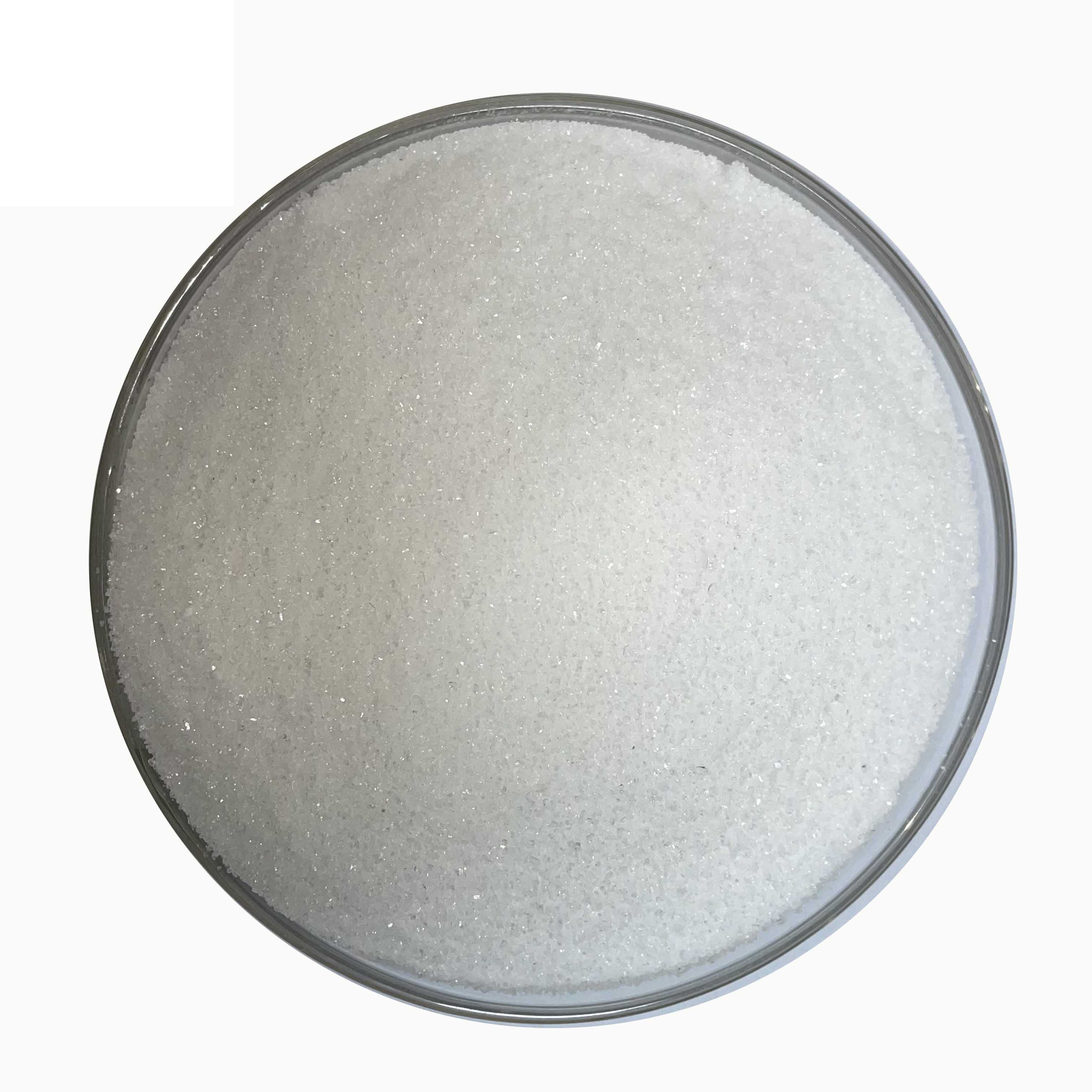
Nov . 21, 2024 17:27 Back to list
garden fertilizer high in nitrogen
The Importance of Nitrogen in Garden Fertilizers
When it comes to cultivating a healthy and thriving garden, understanding the balance of nutrients is essential. Among these nutrients, nitrogen plays a pivotal role in plant growth and development. Garden fertilizers high in nitrogen are particularly beneficial for a variety of plants, enhancing their growth, promoting lush foliage, and ultimately leading to greater yields. In this article, we will explore the significance of nitrogen in gardening, the types of nitrogen-rich fertilizers, and best practices for their application.
Why Nitrogen?
Nitrogen is one of the primary macronutrients essential for plant health. It is a vital component of amino acids, the building blocks of proteins, and is a critical part of chlorophyll, the molecule that enables plants to photosynthesize. Photosynthesis is the process by which plants convert sunlight into energy, and a healthy level of nitrogen ensures that plants can carry out this process efficiently.
Plants that lack sufficient nitrogen often exhibit stunted growth, yellowing leaves, and reduced yield. These symptoms can be particularly pronounced in leafy vegetables such as lettuce, spinach, and kale, which require abundant nitrogen for optimal growth. Because of its importance, many gardeners turn to nitrogen-rich fertilizers to boost their soil’s nutrient content.
Types of Nitrogen-Rich Fertilizers
Nitrogen fertilizers come in various forms, and understanding these can help gardeners choose the right product for their needs
1. Synthetic Fertilizers These are chemically manufactured products that provide a concentrated source of nitrogen. Common examples include ammonium nitrate, urea, and calcium nitrate. They offer quick-release nitrogen, which can rapidly improve soil nitrogen levels and stimulate plant growth.
2. Organic Fertilizers For gardeners looking for a more sustainable approach, organic nitrogen fertilizers can be an excellent choice. These include compost, manure, alfalfa meal, and blood meal. Although they may release nitrogen more slowly than synthetic options, they also improve soil structure and provide additional nutrients.
3. Slow-Release Fertilizers These fertilizers are designed to release nitrogen gradually over time, reducing the risk of leaching and providing a more consistent supply of nutrients. Products like coated urea or certain organic blends can be beneficial for long-term gardening strategies.
garden fertilizer high in nitrogen

Best Practices for Application
When using nitrogen-rich fertilizers, it is crucial to apply them correctly to maximize their benefits while minimizing potential harm to plants and the environment. Here are some best practices
1. Soil Testing Before applying any fertilizer, conduct a soil test to determine the existing nutrient levels and pH. This information will guide your decisions on how much nitrogen is needed and prevent over-fertilization.
2. Follow Recommended Rates Adhere to the recommended application rates provided by the manufacturer or as indicated by your soil test. Over-application can lead to nutrient runoff, which can harm nearby plants and water sources.
3. Timing Apply nitrogen fertilizers at the right time during the growing season. For nitrogen-demanding crops, it is often best to fertilize in early spring when plants are beginning to grow and actively absorb nutrients.
4. Watering After applying fertilizer, water the plants adequately to help the nutrients penetrate the soil and reach the plant roots. This is particularly important for synthetic fertilizers to prevent burn and ensure effective absorption.
5. Crop Rotation and Diversity Incorporating nitrogen-fixing plants, such as legumes, in your crop rotation can naturally enhance soil nitrogen levels. These plants have a symbiotic relationship with bacteria that can convert atmospheric nitrogen into a form that plants can utilize.
Conclusion
In summary, nitrogen is a critical nutrient for garden health, and using fertilizers high in nitrogen can significantly impact plant growth and productivity. Whether opting for synthetic or organic options, understanding the role of nitrogen and practicing responsible application techniques is essential for creating a vibrant and flourishing garden. By incorporating nitrogen-rich fertilizers appropriately and maintaining good gardening practices, you can ensure that your plants not only survive but thrive, resulting in an abundant harvest.
-
Premium Organic Manure Compost for Eco Gardens
NewsAug.01,2025
-
Organic 10-10-10 Fertilizer | Balanced Plant Nutrients
NewsJul.31,2025
-
Premium Amino Acid Fertilizer | Rapid Plant Growth Booster
NewsJul.31,2025
-
10 10 10 Fertilizer Organic—Balanced NPK for All Plants
NewsJul.30,2025
-
Premium 10 10 10 Fertilizer Organic for Balanced Plant Growth
NewsJul.29,2025
-
Premium 10 10 10 Fertilizer Organic for Balanced Plant Growth
NewsJul.29,2025
